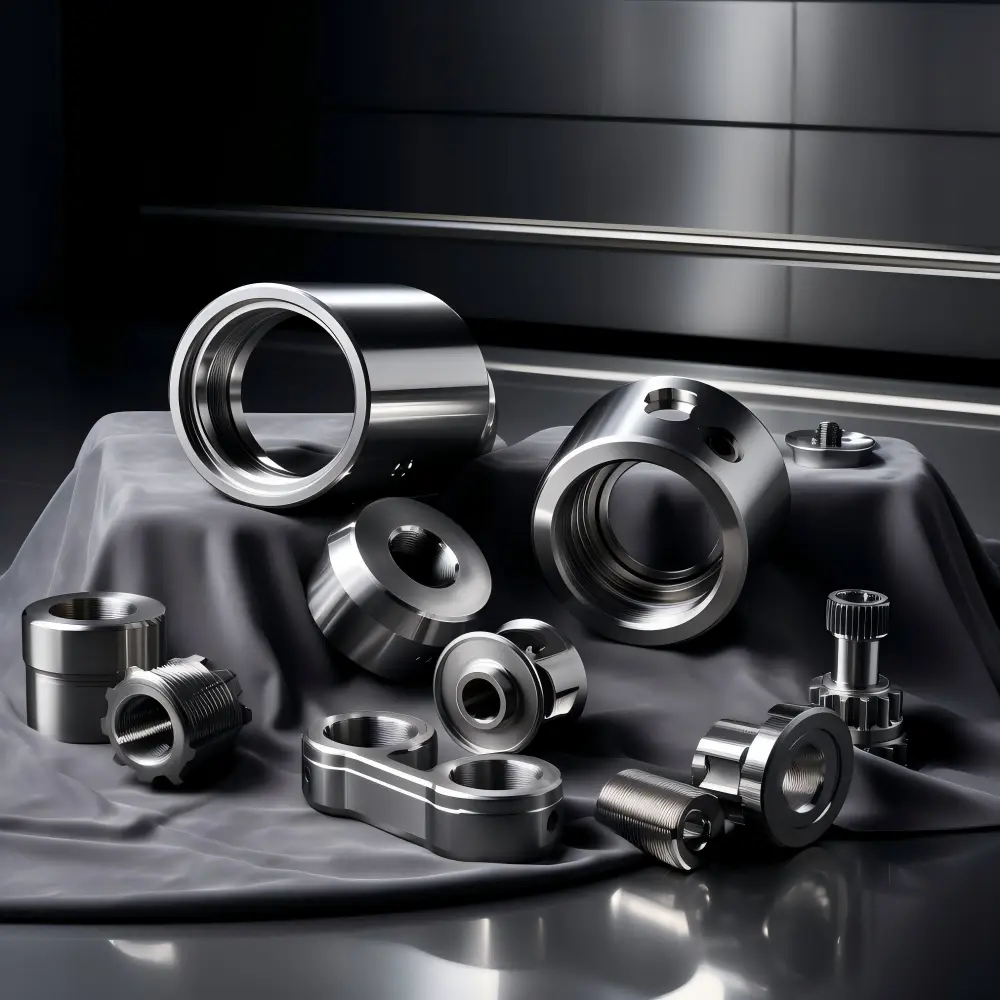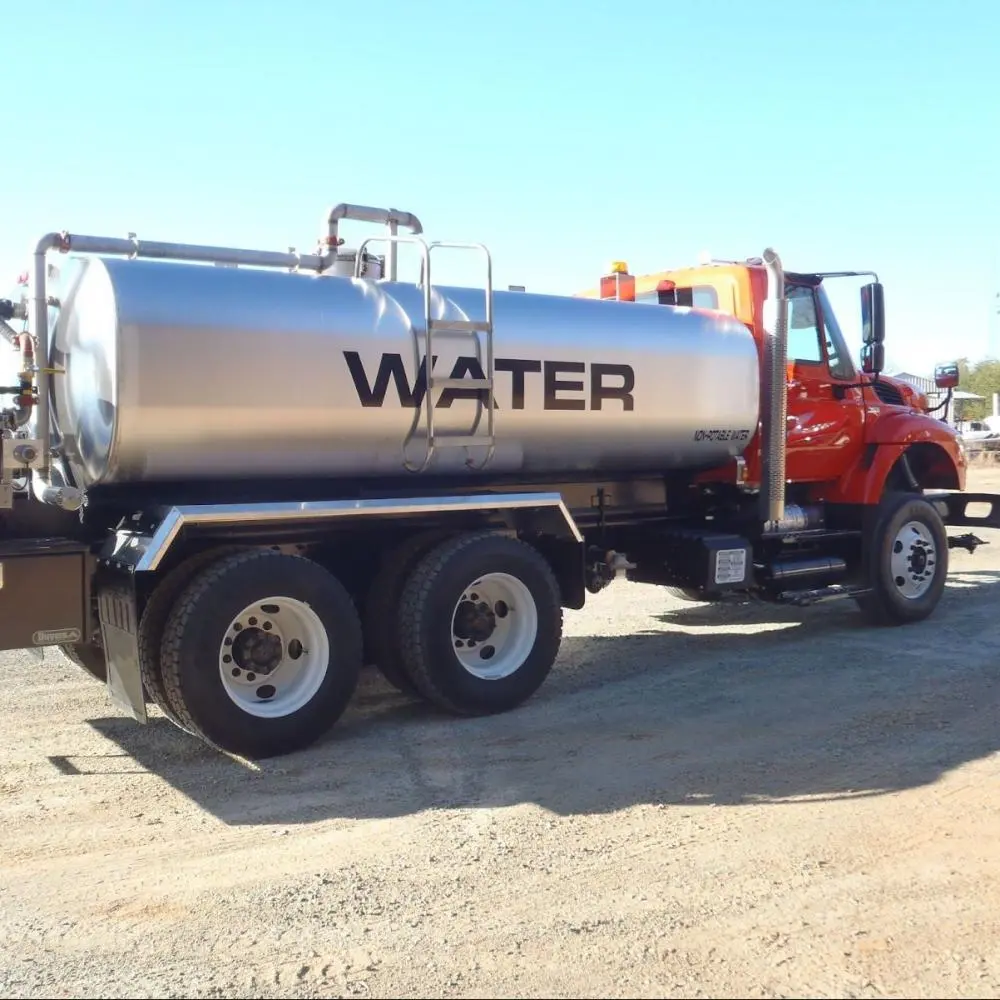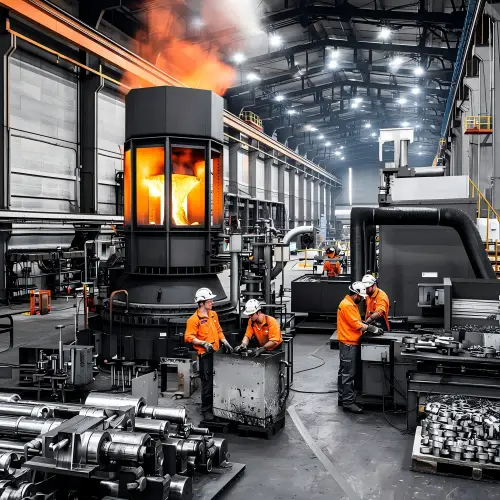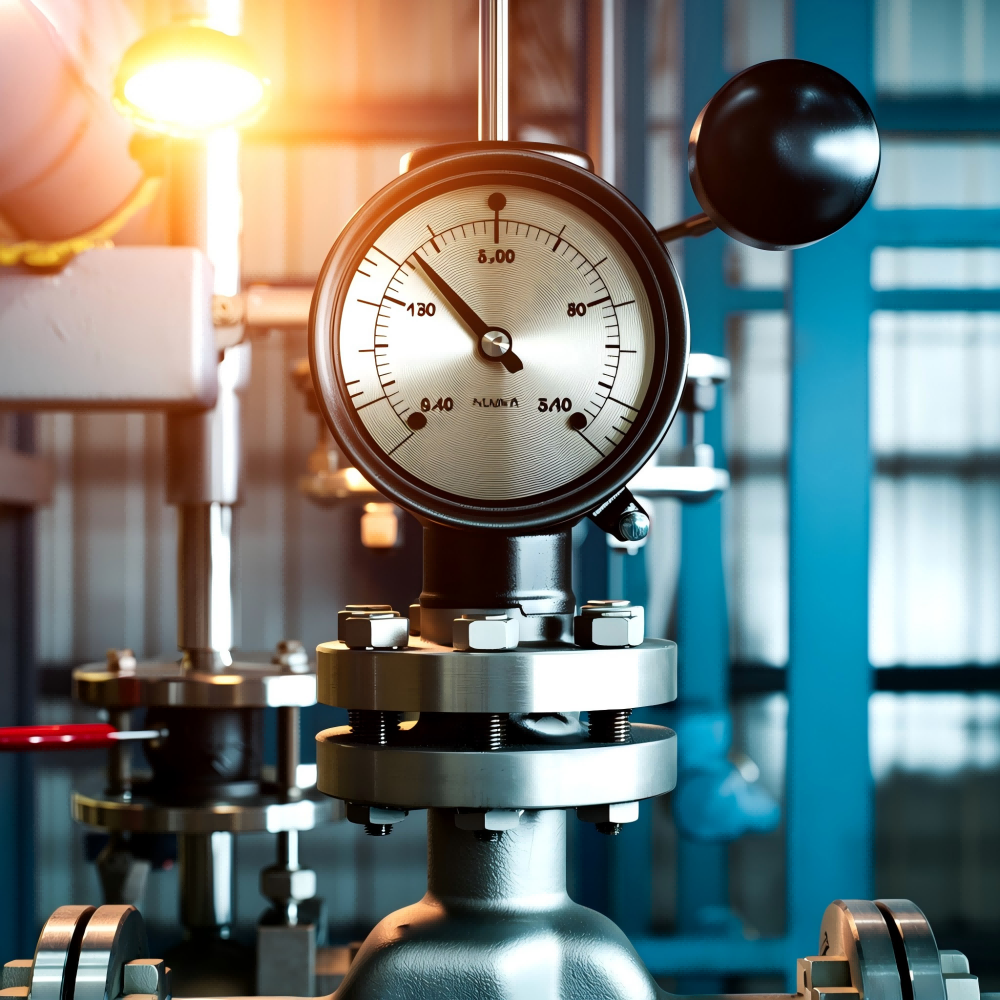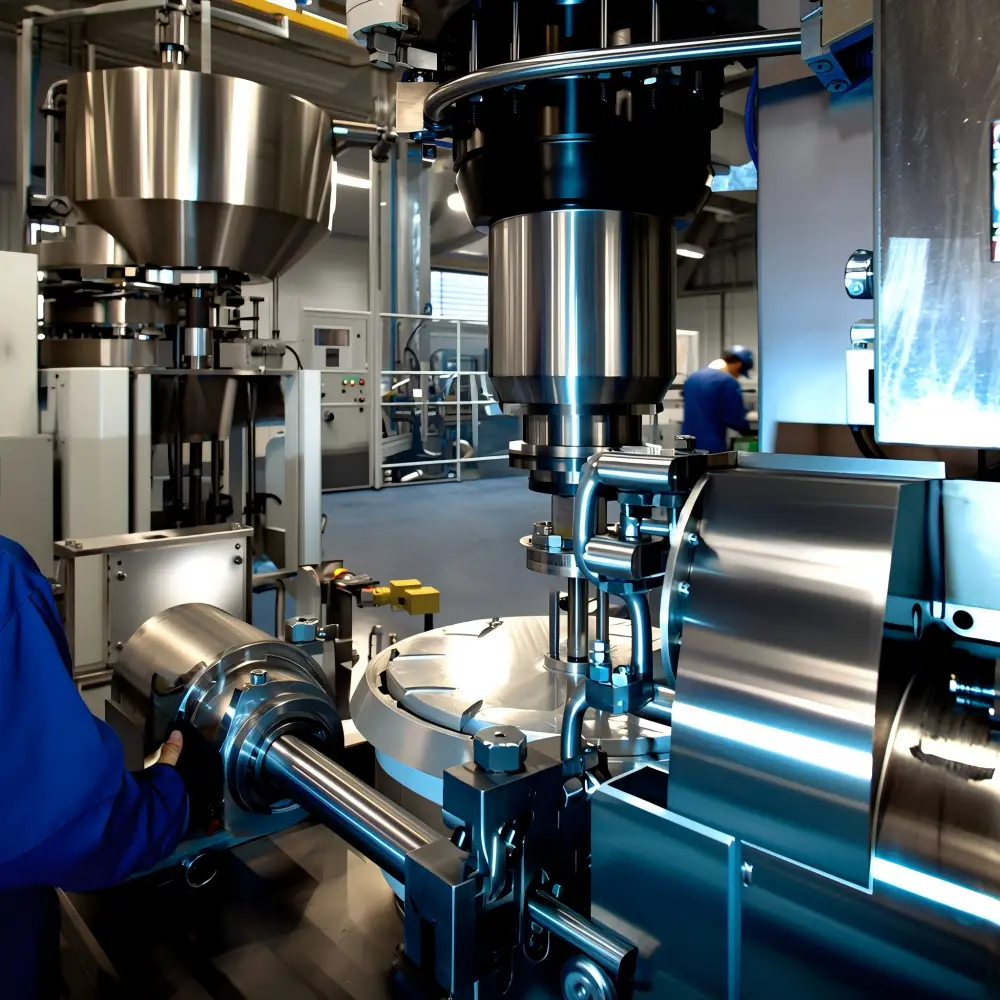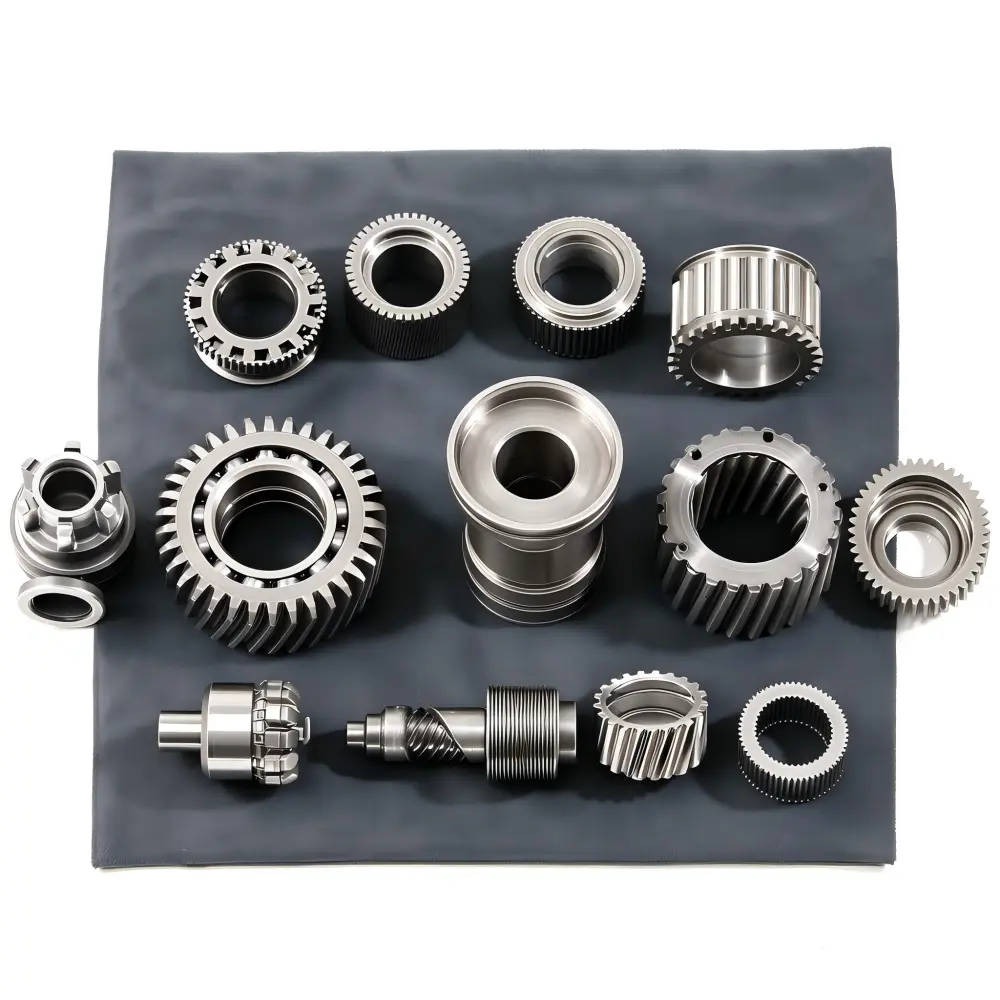Understanding the Properties of Silicon Bronze Alloys
Silicon bronze alloys possess unique properties that make them highly valued in various industries. Their exceptional corrosion resistance ensures longevity, especially in harsh environments like marine settings. These alloys also exhibit remarkable strength, making them suitable for applications requiring durability and reliability. Silicon bronze precision castings stand out due to their ability to maintain structural integrity while offering excellent formability. This combination of attributes makes silicon bronze alloys a preferred choice for both industrial and artistic applications, where both performance and aesthetics are crucial.
Key Takeaways
- Silicon bronze alloys are highly valued for their exceptional corrosion resistance, making them ideal for marine applications where exposure to saltwater is common.
- The unique composition of silicon bronze, primarily copper and silicon, enhances its strength and durability, allowing it to withstand significant stress and impact.
- Silicon bronze Precision Castings are favored for their excellent workability, enabling manufacturers to create intricate designs and complex shapes with ease.
- This alloy's aesthetic appeal, characterized by a warm, golden hue, makes it a popular choice for artistic applications, including sculptures and architectural elements.
- Silicon bronze exhibits excellent electrical conductivity, making it suitable for reliable electrical components and connectors in various industries.
- While silicon bronze can be more expensive than other materials, its long lifespan and low maintenance requirements can lead to cost savings over time.
- Engineers should consider the specific environmental conditions and application requirements when choosing silicon bronze, as it may not be suitable for all scenarios.
Composition and Characteristics of Silicon Bronze Alloys
Primary Elements and Their Roles
Silicon bronze alloys consist primarily of copper and silicon, with trace amounts of other elements. Each component plays a crucial role in defining the alloy's properties.
Role of Silicon
Silicon serves as a vital element in silicon bronze alloys. It enhances the alloy's strength and corrosion resistance. By adding silicon, manufacturers improve the alloy's ability to withstand harsh environments, such as marine settings. Silicon also contributes to the alloy's excellent casting properties, making it easier to shape and mold.
Other Alloying Elements
Besides silicon, other elements like manganese and aluminum may be present in small quantities. Manganese improves the alloy's strength and wear resistance. Aluminum can enhance the alloy's corrosion resistance and overall durability. These elements work together to create a robust and versatile material.
Silicon Bronze Precision Castings
Silicon bronze precision castings offer unique advantages over other materials. They provide superior strength and corrosion resistance, making them ideal for various applications.
Differences from Brass
Silicon bronze differs from brass in several ways. While both contain copper, silicon bronze includes silicon instead of zinc, which is found in brass. This difference gives silicon bronze better corrosion resistance and strength. Brass, on the other hand, is more malleable and easier to machine. However, silicon bronze precision castings excel in applications where durability and resistance to environmental factors are critical.
Differences from Steel
Compared to steel, silicon bronze offers distinct benefits. Steel is known for its strength, but it lacks the corrosion resistance of silicon bronze. Silicon bronze precision castings resist oxidation and deoxidization, making them suitable for environments where steel might corrode. Additionally, silicon bronze is easier to cast and weld, providing more flexibility in manufacturing processes.
Physical and Mechanical Properties
Strength and Durability
Silicon bronze alloys exhibit impressive strength and durability, making them suitable for demanding applications.
Tensile Strength
Silicon bronze alloys possess high tensile strength. This property allows them to withstand significant stress without breaking. The tensile strength of silicon bronze can reach up to 50,000 psi. This makes it a reliable choice for structural components that require resilience.
Impact Resistance
In addition to tensile strength, silicon bronze alloys offer excellent impact resistance. They can absorb energy from sudden forces or shocks. This characteristic ensures that silicon bronze components maintain their integrity under dynamic conditions. Industries value this property for applications where materials face frequent impacts.
Workability and Machinability
Silicon bronze alloys are known for their workability and machinability. These properties facilitate the manufacturing process.
Ease of Casting
Silicon bronze precision castings are popular due to their ease of casting. The alloy's composition allows it to flow smoothly into molds. This results in precise and detailed castings. Manufacturers appreciate this quality for producing complex shapes and intricate designs.
Welding Characteristics
Silicon bronze alloys also exhibit favorable welding characteristics. They can be easily joined using various welding techniques. This flexibility enhances their utility in construction and repair projects. Welders find silicon bronze alloys manageable, contributing to efficient fabrication processes.
Corrosion Resistance
Environmental Factors
Resistance to Saltwater
Silicon bronze alloys excel in environments exposed to saltwater. Their composition provides exceptional resistance to corrosion caused by salt and moisture. This makes them ideal for marine applications, where materials often face harsh conditions. The alloy's ability to withstand saltwater ensures longevity and reliability in marine structures and components.
Performance in Industrial Environments
In industrial settings, silicon bronze alloys demonstrate remarkable performance. They resist corrosion from chemicals and pollutants commonly found in these environments. This resistance extends the lifespan of equipment and structures, reducing maintenance needs. Industries benefit from using silicon bronze in applications where exposure to corrosive substances is frequent.
Longevity and Maintenance
Maintenance Requirements
Silicon bronze alloys require minimal maintenance. Their corrosion resistance reduces the need for frequent repairs or replacements. Regular inspections and basic cleaning suffice to maintain their condition. This low maintenance requirement makes them cost-effective over time, appealing to industries seeking durable materials.
Lifespan in Various Conditions
The lifespan of silicon bronze alloys varies based on environmental conditions. In marine settings, they can last for decades without significant degradation. In industrial environments, their longevity depends on exposure levels to corrosive agents. However, their inherent resistance ensures a longer lifespan compared to other materials. This durability makes silicon bronze a preferred choice for long-term applications.
Advantages and Disadvantages
Benefits of Using Silicon Bronze
Aesthetic Appeal
Silicon bronze offers a distinct aesthetic appeal. Its warm, golden hue makes it a popular choice for artistic and decorative applications. Sculptors and architects often select silicon bronze for its visual charm. The alloy's ability to maintain its luster over time enhances its attractiveness. This enduring beauty makes silicon bronze a favored material in art and design.
Electrical Conductivity
Silicon bronze exhibits excellent electrical conductivity. This property makes it suitable for electrical components and connectors. Industries rely on silicon bronze for its ability to conduct electricity efficiently. The alloy's conductivity ensures reliable performance in electrical systems. This characteristic adds to its versatility in various applications.
Potential Drawbacks
Cost Considerations
Silicon bronze can be more expensive than other materials. The cost of raw materials and production processes contributes to its higher price. Industries must weigh the benefits against the expense. While silicon bronze offers durability and corrosion resistance, budget constraints may limit its use. Decision-makers should consider long-term savings from reduced maintenance when evaluating costs.
Limitations in Certain Applications
Silicon bronze may not suit all applications. Its strength and corrosion resistance make it ideal for many uses, but some environments require different properties. For example, high-temperature applications might demand materials with greater heat resistance. Additionally, silicon bronze's weight could pose challenges in lightweight designs. Engineers must assess specific requirements to determine the best material choice.
Applications of Silicon Bronze Alloys
Silicon bronze alloys find extensive applications across various industries due to their unique properties. Their strength, corrosion resistance, and aesthetic appeal make them a versatile choice for both industrial and artistic uses.
Industrial Uses
Marine Industry
The marine industry heavily relies on silicon bronze alloys. These alloys offer exceptional resistance to saltwater corrosion, making them ideal for marine environments. Boat builders and marine engineers use silicon bronze precision castings for components like propellers, shafts, and fittings. These parts endure harsh conditions while maintaining structural integrity. The durability of silicon bronze ensures long-lasting performance in marine applications.
Electrical Components
Silicon bronze alloys also play a crucial role in the electrical industry. Their excellent electrical conductivity makes them suitable for connectors and terminals. Manufacturers prefer silicon bronze precision castings for electrical components due to their reliability and efficiency. These castings provide stable connections, reducing the risk of electrical failures. The alloy's ability to conduct electricity efficiently enhances the performance of electrical systems.
Artistic and Decorative Uses
Sculpture and Art
Artists and sculptors appreciate silicon bronze for its aesthetic qualities. The warm, golden hue of the alloy adds visual appeal to sculptures and art pieces. Silicon bronze precision castings allow artists to create intricate designs with fine details. The alloy's workability enables the crafting of complex shapes, making it a favored material in the art world. Its ability to maintain luster over time ensures that artworks remain attractive for years.
Architectural Elements
In architecture, silicon bronze alloys contribute to the creation of decorative elements. Architects use silicon bronze precision castings for features like door handles, railings, and ornamental fixtures. The alloy's strength and corrosion resistance make it suitable for both indoor and outdoor applications. Its aesthetic appeal enhances the visual charm of buildings and structures. Silicon bronze provides a timeless elegance that complements various architectural styles.
Silicon bronze alloys offer remarkable properties, including high strength, excellent corrosion resistance, and aesthetic appeal. These attributes make them ideal for various applications. Industries such as marine and electrical benefit significantly from using silicon bronze due to its durability and conductivity. Artists and architects also value its visual charm and workability. Silicon bronze proves advantageous in environments requiring long-lasting materials. Its ability to withstand harsh conditions ensures reliability and longevity. Decision-makers should consider silicon bronze for projects demanding both performance and beauty.
FAQ
What is silicon bronze?
Silicon bronze is an alloy primarily composed of copper and silicon. It may also contain trace amounts of other elements like manganese and aluminum. This combination gives silicon bronze its unique properties, such as excellent corrosion resistance and strength.
Why is silicon bronze preferred in marine applications?
Silicon bronze offers exceptional resistance to saltwater corrosion. This makes it ideal for marine environments where materials face harsh conditions. Its durability ensures long-lasting performance in components like propellers and fittings.
How does silicon bronze differ from brass?
Silicon bronze contains silicon, while brass includes zinc. This difference gives silicon bronze better corrosion resistance and strength compared to brass. Brass, however, is more malleable and easier to machine.
Can silicon bronze be welded easily?
Yes, silicon bronze exhibits favorable welding characteristics. It can be joined using various welding techniques, making it suitable for construction and repair projects. Welders find it manageable, contributing to efficient fabrication processes.
What are the aesthetic benefits of silicon bronze?
Silicon bronze has a warm, golden hue that adds visual appeal to artistic and decorative applications. Its ability to maintain luster over time enhances its attractiveness, making it a popular choice for sculptures and architectural elements.
Is silicon bronze suitable for electrical applications?
Silicon bronze exhibits excellent electrical conductivity. This property makes it suitable for electrical components and connectors. Industries rely on it for efficient electricity conduction and reliable performance in electrical systems.
What are the cost considerations when using silicon bronze?
Silicon bronze can be more expensive than other materials due to the cost of raw materials and production processes. Industries must weigh the benefits against the expense, considering long-term savings from reduced maintenance.
How long does silicon bronze last in various environments?
The lifespan of silicon bronze varies based on environmental conditions. In marine settings, it can last for decades without significant degradation. In industrial environments, its longevity depends on exposure levels to corrosive agents.
What are the limitations of silicon bronze in certain applications?
Silicon bronze may not suit all applications. High-temperature environments might require materials with greater heat resistance. Additionally, its weight could pose challenges in lightweight designs. Engineers must assess specific requirements to determine the best material choice.
How does silicon bronze contribute to artistic creations?
Artists appreciate silicon bronze for its workability and aesthetic qualities. It allows for the creation of intricate designs with fine details. Its warm hue and ability to maintain luster make it a favored material in the art world.






